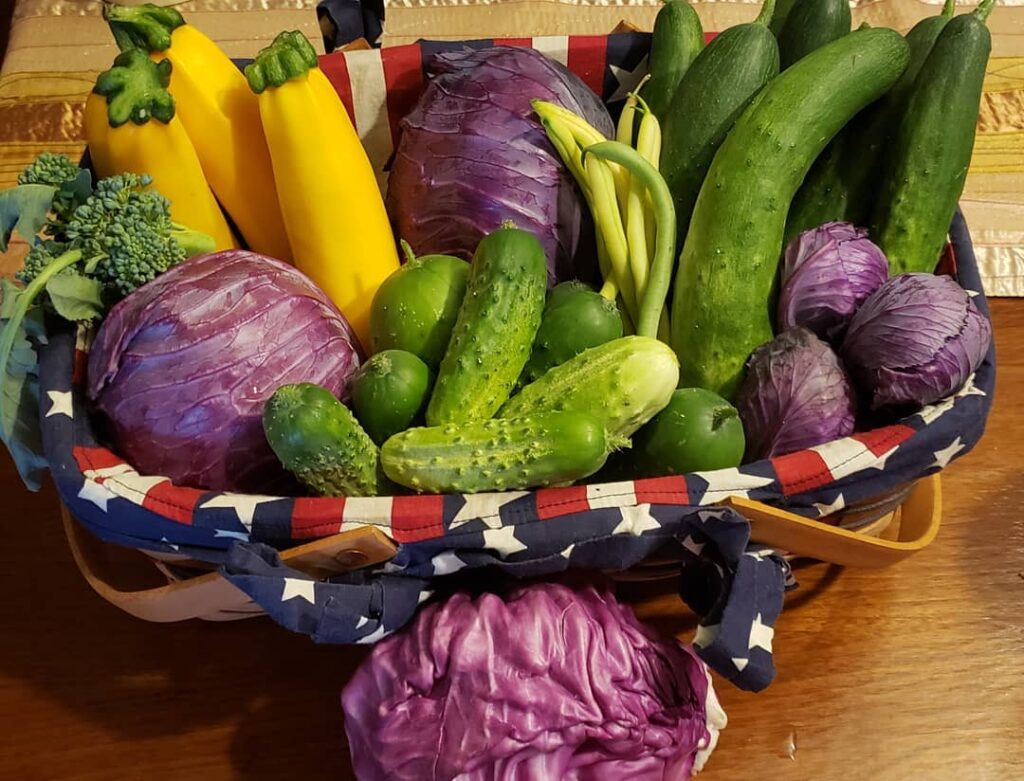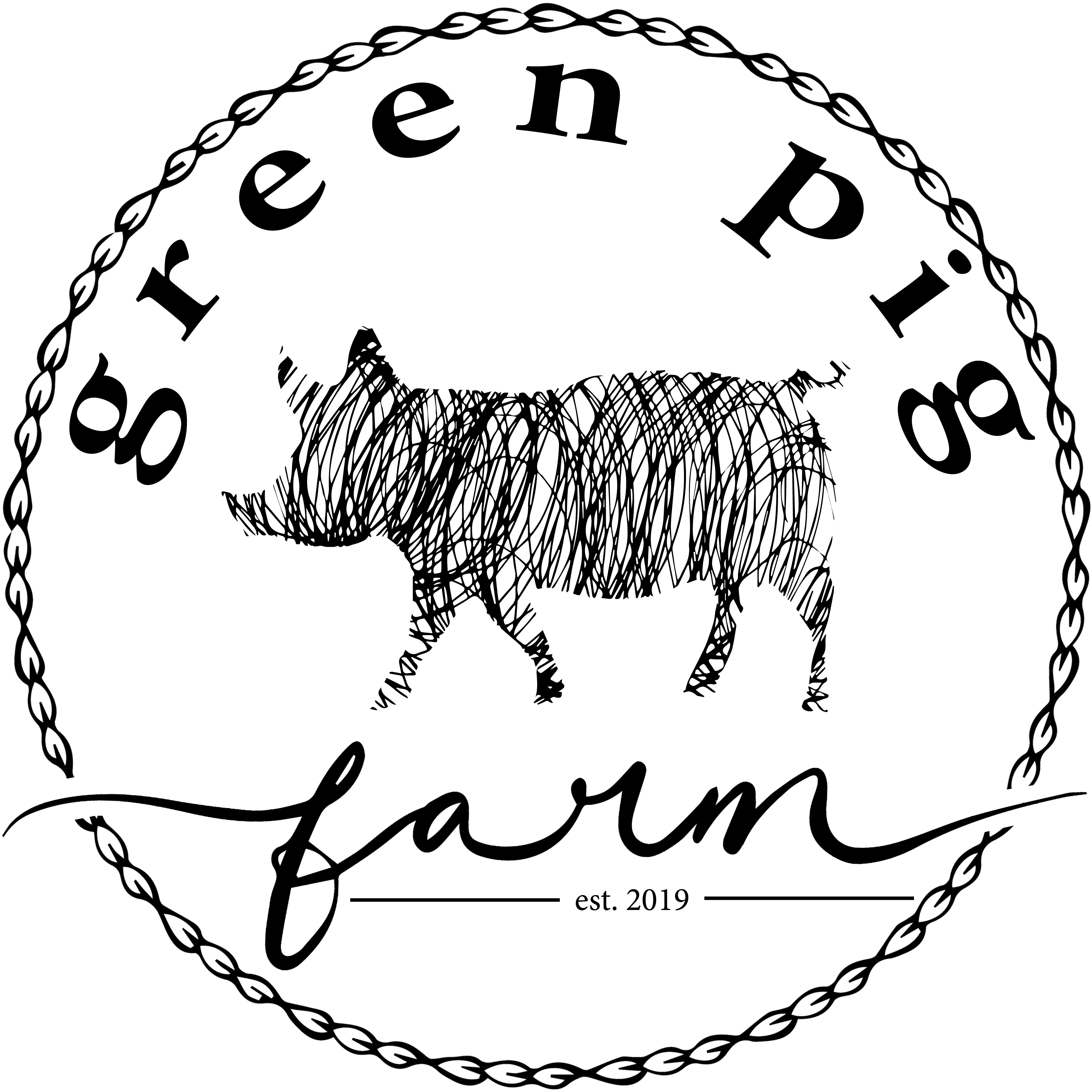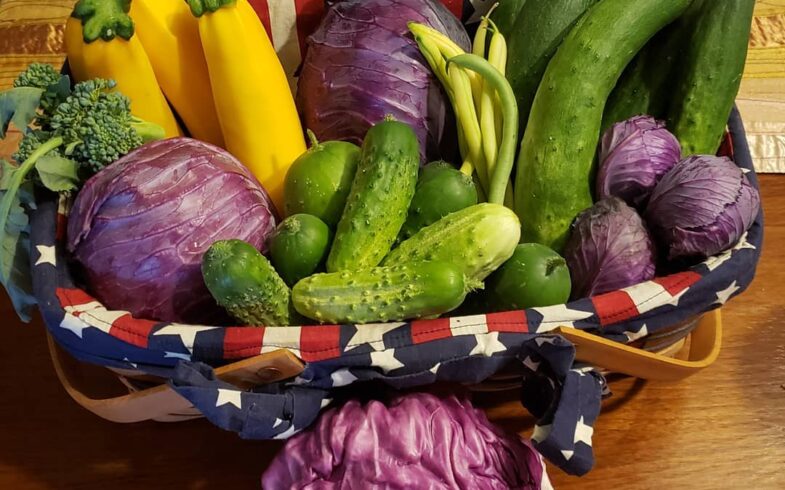The 7 Essential Items You Need to Start Gardening

Are you struggling to find fresh fruits and veggies for your family?
Do you see your friends posting pictures of their beautiful produce and have “produce envy?”
Are you sick and tired of paying outrageous prices for organic food at the supermarket?
Do you want to know where the food you are eating came from?
Are you looking for a new hobby that isn’t too expensive?
Do you want to spend more time outdoors?
If you answered yes to one, some, or all of these questions, you might want to think about planting a garden. I promise that taking this step doesn’t have to be expensive (or scary). In addition to having a bit of space, whether it be in your yard or in pots on your patio, only a few basic items are needed.To get started, here are the 7 items you should have on hand.
1. Gardening Gloves. On the top of my list for gardening is an inexpensive pair of gardening gloves. You can go with a name brand if you’d like, but you’ll save a few bucks going with a store brand. Find a glove that has a rubber coating on the palm-side of the glove and a flexible knit material on the back. The rubber will give you some grip when pulling weeds or holding any number of garden tools. The knit backing will allow the gloves to breathe a bit and give you the range of motion you are really going to need to get down and dirty. You also won’t be cleaning grime from underneath your nails and will likely save a manicure! If you can afford it, I’d recommend buying two, or even three sets of gloves. If you’re anything like me, you’ll end up having gloves in several spots. Plus, if you tear a glove or need to launder your gloves, you’ll always have a back up pair (or two!)
2. Garden Trowel. When the gloves won’t cut it to pull a weed or dig a hole, you’re going to want a garden trowel. Try to find one with a metal blade, as it will last you much longer. These miniature shovels complete many tasks: digging out stubborn roots, preparing holes for plants, and even tracing lines for seed placement. You’ll find that trowels come with metal, wooden or plastic handles. I prefer plastic handles because if I forget to round up my equipment and it gets wet, it won’t warp like a wood handle can. And, I find that metal handles heat up quickly when not in use. If you can swing it, buy yourself a back up –by having two you’ll always be able to find the second one when the first one is misplaced. It’s also great to have a second trowel because it’s a great tool for little (or big helpers) to use when in the garden. Teaching children or grandchildren…or even husbands…to help in the garden can be extremely rewarding.
3. A Hose (or a Watering Can). Use a hose that is long enough to reach from your spigot to your garden. During the hottest days in the summer, you will be watering your garden daily, and it is no fun trekking from said water source location to the garden (I speak from experience). More often than not, you are watering because it is hot outside, so you, too, will be hot. A hose allows you to work smarter, not harder, and still hopefully enjoy gardening at the end of the season. However, if you have a small enough garden, or a trip to the spigot isn’t too far, a watering can or two will get the job done; it just might take a little longer.
4. Neem Oil. Oddly enough, I’m putting Neem Oil on my list of Essential Items needed for gardening. It is an organic and versatile insecticide (kills insects), fungicide (kills fungi) and bactericide (kills bacteria). Why does it make this list? I guarantee you that once you start a garden, you will have unwelcome guests like cabbage worms, powdery mildew, and blight. I am no expert on bug identification or fungal diseases, but I’m learning. There is nothing worse than putting in hundreds of hours into a garden, only to have it destroyed in a matter of days by an unknown bug or disease. I prefer to buy the concentrated version of Neem oil to mix up my own batches, but you can also buy it premixed in spray bottles.
5. Pruning Shears. I admit, I have used scissors when in a pinch, but pruning shears work much better to trim bushes, harvest produce and cut items in the garden. Pruning shears are typically spring loaded, which helps you to be more efficient in the garden. They also allow you to reach into places (like that jungle of a tomato plant) to nip suckers off your plant. You’d be surprised what you’ll be using them for: cutting flowers for vases, trimming the unsightly raspberry bushes, and plucking cucumbers off their vines. Just make sure to sanitize them between tasks/plants so that you are not potentially spreading diseases from plant to plant.
6. A Garden Rake. Let me say, a garden rake is not a yard rake. Yard rakes have flexible plastic tines, while garden rakes have short, metal tines. The sturdy metal tines allow you to move soil, or compost, remove rock and contour your garden. This isn’t necessary for container gardening, but if you’re working in the ground, it will save you loads of time.
7. A Spade Shovel. A spade shovel is a bigger version of a trowel. This larger shovel with a pointed tip will allow you to use leverage and your body weight to pierce the ground. A spade shovel is great for digging large holes for more established plants, bushes, and trees, removing sod to start or expand garden beds, and moving mulch around your plants. The tip is more effective at breaking up grass roots and slicing through the ground in general. Did I mention that you can also use your shovel and a lever to remove pesky rocks that you may have found buried in your planting area?



Response to "The 7 Essential Items You Need to Start Gardening"
Nice job Samantha!
Thanks so much! My goal is to get more people to garden. For beginning gardeners, just having the first 3-4 items can get you started with patio/small garden planting.
Thanks Sam!!!! I’ll be following the site regularly:) By the way, I got my early spring plants is yesterday!!
I’m happy to hear you got those plants in. You’ll be reaping the rewards in no time! If you have any other questions, don’t hesitate to ask.
Thank you!